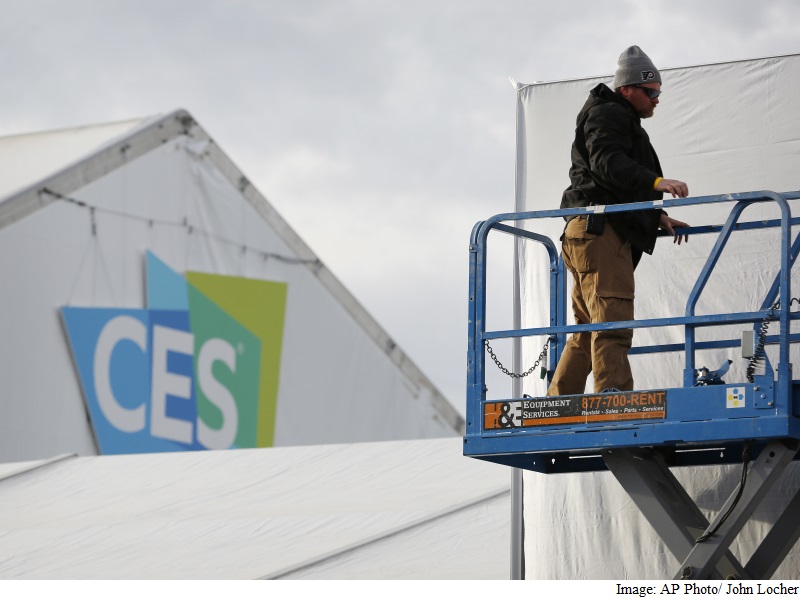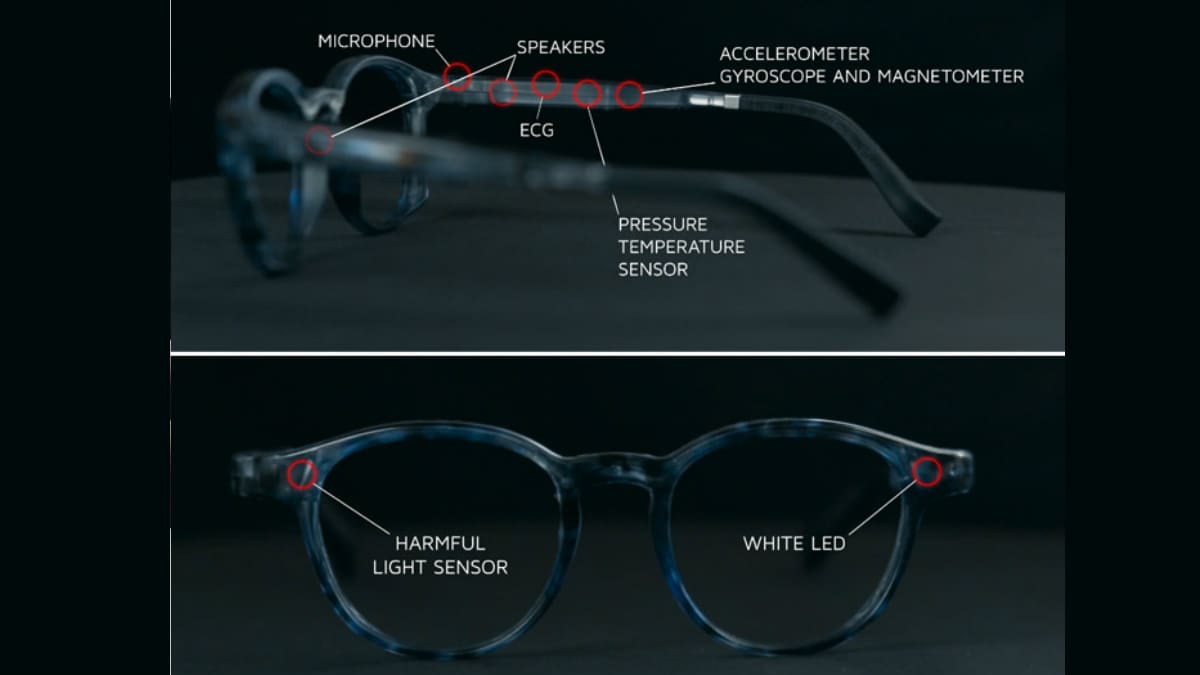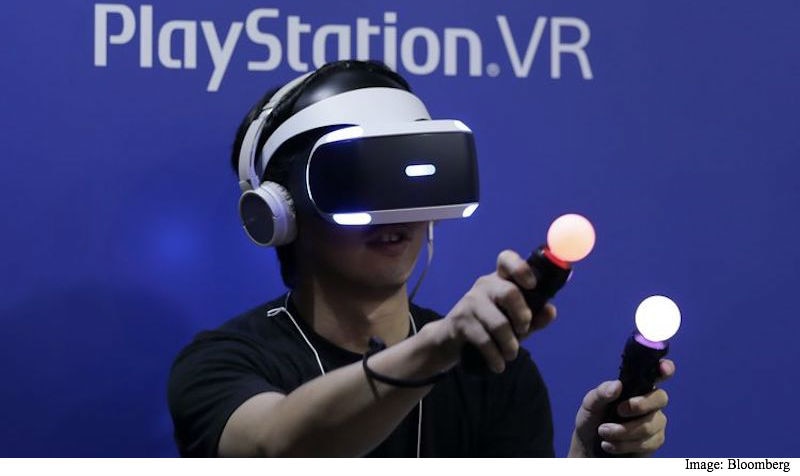CES, one of the tech industry’s biggest annual consumer electronics shows, kicks off in Las Vegas this week. The show draws exhibitors and press from across the globe to share and show off what the industry has planned for the coming year.
The show officially runs from January 6 to January 9, but companies get things started a couple of days early for the press. Monday night brings the first sneak peeks of what will be at the booths of the major show, which drew 3,600 exhibitors last year.
Here are four major themes to watch as we head into the show.
Autos: Cars continue to hold their place as the tech gadget that companies appear to be the most interested in, as they still represent a largely untapped market for advanced connected technologies. Whether you’re talking about more advanced infotainment systems or new concepts for self-driving cars, there will be a lot on display at this year’s show.
(Also see: CES 2016: The Smart-Tech Future Beckons to Us)
As a hint to the continued importance of cars at the show, there are two major automotive execs who will be giving keynote presentations: General Motors chief executive Mary Barra and Herbert Diess, the chief executive of Volkswagen Passenger Cars.
There have already been some auto announcements tied to the show: Ford has announced that Toyota will begin using the American firm’s “SmartDeviceLink” software – a base for automotive infotainment and connectivity systems – in its cars. Other automakers including Peugeot Citroen, Honda, Mazda and Subaru are also considering adopting the software, Ford said in a press release. Existing infotainment companies such as BlackBerry’s QNX Software Systems and UIEvolution are also going to integrate Ford’s software into their own systems. Ford also announced that it will support both CarPlay and Android Auto.
Bending reality: Both virtual reality and augmented reality will get their turn in the spotlight this year. Whether you’re interested in the immersive world of VR or the blend of real and digital elements that augmented reality offers, there will be plenty of booths to visit this year, with 40 exhibitors expected for virtual reality technology alone.
Major companies in the space, including Sony, HTC and Samsung, will all be showing off their technology. But everyone has been waiting for Oculus, the Facebook-owned company that really brought the idea of a personal virtual reality into the mainstream again, to finally launch its own consumer version of its headset. On Monday the company announced that it will start taking pre-orders for its Oculus Rift headset on January 6.
That means we shouldn’t have to wait too long to see how virtual reality versus augmented reality plays out on the market – or indeed how quickly consumers will jump on the bandwagon.
That’s entertainment: Those looking to CES to act as a crystal ball should look carefully at some of the entertainment-related developments expected at the show as well. This ain’t just about televisions anymore, though there will surely be some new and impressive screens over which to drool. Again, looking at the list of keynote speeches alone should tell you that entertainment is a big part of the show, with speeches coming from Netflix chief executive Reed Hastings and YouTube chief business officer Robert Kyncl.
The way that we access entertainment – movies, music, games and more – is changing, and the lines between tech companies and entertainment companies are getting blurrier. With that in mind, you can bet that there will be as much talk about content as there is about gadgets at booths this year.
More smart everything: Never you fear, there’s no end in sight to the trend we’ve seen over the past several years of putting “smart” technology into everyday objects. We don’t yet know what this year’s new hilarious and questionably useful smart object will be, but there’s no doubt that one will appear.
That said, there seems to be a greater focus on not only creating new smart objects, but also the best ways to connect and secure them. Headed into the show, analysts have said that they are hearing exhibitors talk more about the interoperability, security and privacy of the Internet of Things. While there have been a lot of early adopters willing to tinker with smart thermostats, lightbulbs and wearables, the adoption of such technologies may slow down if most consumers don’t see the point of these gadgets – or feel safe using them.
From a regulation point of view, securing the Internet of Things is a hot topic for both the Federal Trade Commission and the Federal Communications Commission – and, as usual, both agencies are sending top officials to the convention to discuss the future of these technologies.
© 2016 The Washington Post



